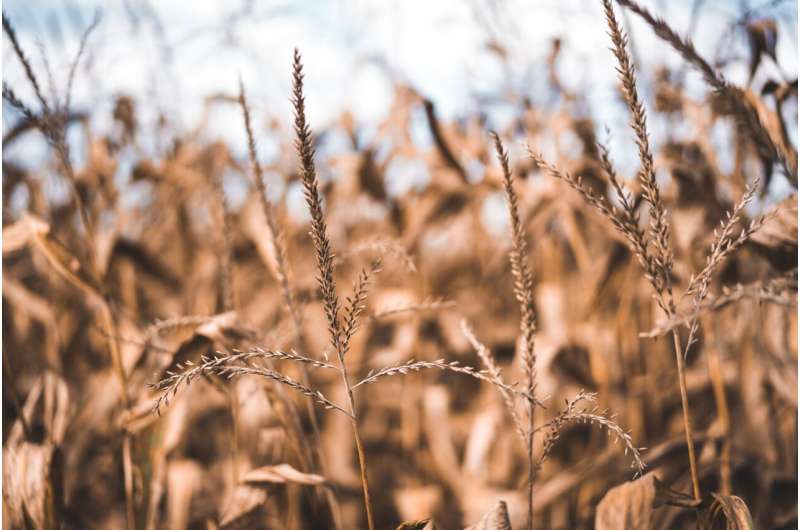
Catherine Nakalembe, an Assistant Professor at the University of Maryland, recently published a groundbreaking paper on the utilization of artificial intelligence (AI) in agriculture across Sub-Saharan Africa in Environmental Research Letters.
This interview is part of a series featuring researchers who have published their work open access through a transformative agreement with IOP Publishing. It also marks our celebration of the White House Office of Science and Technology Policy’s Year of Open Science. The transformative agreement allows researchers to openly share their work without any cost as their universities cover the publication expenses, as is the case with the University of Maryland.
Could you share your latest findings and how they contribute to addressing the climate crisis?
The study on AI and Earth Observations (AI-EO) for agriculture in Sub-Saharan Africa offers promising solutions to combat the climate crisis. By providing precise and timely data on crop yields, crop types, and land usage, AI-EO technology can support the implementation of climate-smart agricultural practices that help mitigate climate change. For example, farmers can utilize AI-EO to identify areas at risk of drought or extreme weather events and take proactive measures to safeguard their crops. Moreover, policymakers can make well-informed decisions regarding food security and trade, with significant environmental implications, thanks to AI-EO.
By promoting sustainable agricultural practices and enhancing access to climate-smart technologies, AI-EO can minimize the environmental impact of agriculture in Sub-Saharan Africa while contributing to global climate crisis mitigation efforts.
What was the most challenging aspect of your study?
One of the primary challenges of this study was finding the balance between conciseness and effectively conveying critical points. As an opinion article, we had to ensure that our arguments were compelling and well-supported, while also adhering to the word count limitations. This required careful consideration of each word and sentence, making difficult decisions about what to include and omit.
Additionally, given the complexity of the topic, we had to ensure that our arguments were clear and accessible to a wide range of readers. Achieving this balance demanded extensive time and effort, but it was crucial to create an impactful and influential article that addresses the climate crisis.
Why did you choose to publish your research as open access?
We decided to publish our research as open access because it carries the greatest potential for impact and enables us to reach a broader audience, aligning with the intended purpose of the paper.
More information:
Catherine Nakalembe et al, Considerations for AI-EO for agriculture in Sub-Saharan Africa,
Environmental Research Letters (2023).
DOI: 10.1088/1748-9326/acc476
Citation:
How AI can be used in Sub-Saharan agriculture: Expert discusses open access publishing and the climate crisis
(2023, July 7)
retrieved 8 July 2023
from https://phys.org/news/2023-07-ai-sub-saharan-agriculture-expert-discusses.html
This document is subject to copyright. Apart from any fair dealing for the purpose of private study or research,
no part may be reproduced without written permission. The content is provided for information purposes only.
Denial of responsibility! TechCodex is an automatic aggregator of the all world’s media. In each content, the hyperlink to the primary source is specified. All trademarks belong to their rightful owners, and all materials to their authors. For any complaint, please reach us at – [email protected]. We will take necessary action within 24 hours.

Jessica Irvine is a tech enthusiast specializing in gadgets. From smart home devices to cutting-edge electronics, Jessica explores the world of consumer tech, offering readers comprehensive reviews, hands-on experiences, and expert insights into the coolest and most innovative gadgets on the market.


